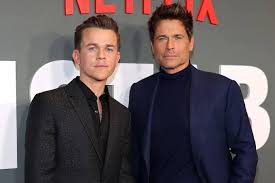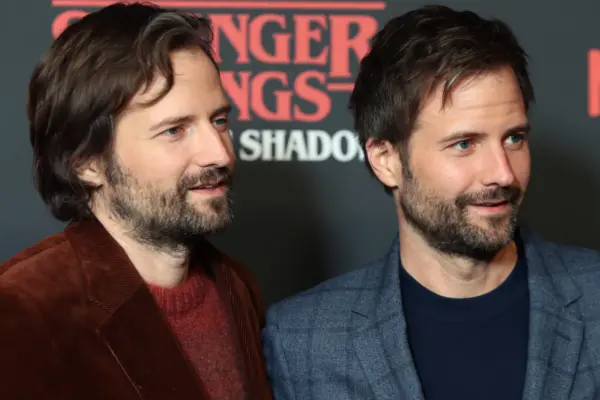
Introduction
Emilio Estevez, an iconic figure in the film industry, is known for his contributions as an actor, director, and writer. His impressive career, which spans over three decades, has made significant impacts on Hollywood, especially through his work in the 1980s and 1990s. Estevez’s relevance today stems not only from his enduring legacy in film but also from his recent participation in projects that resonate with both nostalgia and contemporary audiences.
Highlights of Estevez’s Career
Born on May 12, 1962, Emilio Estevez hails from a family of actors, with his father Martin Sheen and brother Charlie Sheen being notable figures themselves. Estevez rose to fame as a prominent member of the Brat Pack, featuring in classic films such as “The Breakfast Club” and “St. Elmo’s Fire.” His versatility was showcased in lead roles in films like “The Mighty Ducks” series, where he endeared himself to a generation of young viewers.
In addition to acting, Estevez carved out a niche for himself as a talented director and writer, with films such as “Bobby,” which reflects on the life of Robert F. Kennedy, showcasing his skill behind the camera. Estevez directed the film at a pivotal moment in history, bringing a message of unity and hope, which is particularly relevant in today’s politically charged atmosphere.
Recent Developments
In recent years, Estevez has returned to the spotlight with projects that evoke fond memories while addressing current themes. Notably, he reprised his role as Gordon Bombay in the Disney+ series “The Mighty Ducks: Game Changers,” which has not only delighted long-time fans but also introduced a new generation to the beloved franchise. This revival showcases his commitment to the series and serves as a testament to the enduring legacy of his character.
Furthermore, Estevez has been vocal about his views on current issues within the film industry, including the importance of representation and authenticity in storytelling. His perspective offers valuable insights as Hollywood continues to evolve, and he remains an active participant in conversations about the future of cinema.
Conclusion
Emilio Estevez’s career is a testament to resilience and adaptability in an ever-changing industry. As he continues to invest in projects that echo both his past and the present societal landscape, Estevez remains a key figure worth following. The significance of his work extends beyond entertainment, reflecting broader cultural conversations and inspiring future generations of filmmakers. As he ventures into new projects, audiences can expect to see more of Estevez’s unique storytelling and passion for the craft.
You may also like


Are the Duffer Brothers Twins? Exploring Their Relationship

Grace Van Patten: A Rising Star in the Acting World
SEARCH
LAST NEWS
- Remembering Wendy Richard: The Promise to Co-Star Natalie Cassidy
- How Did Anglian Water Achieve an ‘Essentials’ Rating for Mental Health Accessibility?
- Shai Hope Leads West Indies in T20 World Cup Clash Against South Africa
- What We Know About Weston McKennie: Future at Juventus and Past at Leeds
- What We Know About the Upcoming Live Nation Antitrust Trial